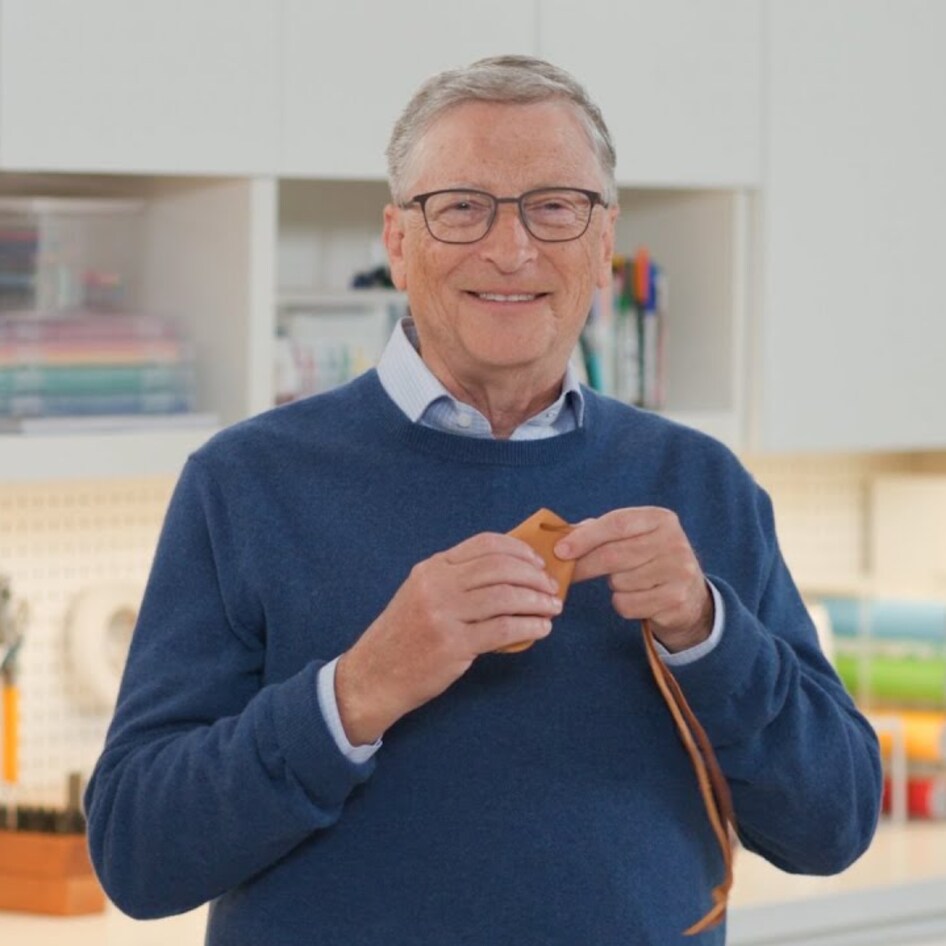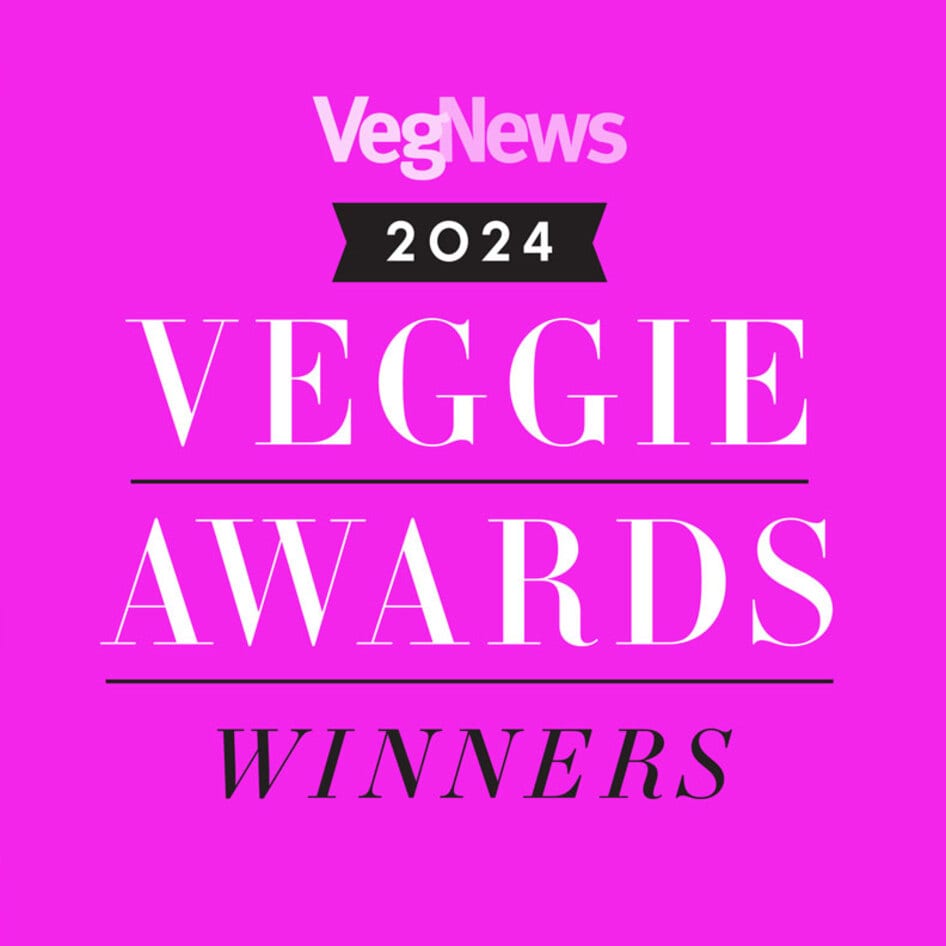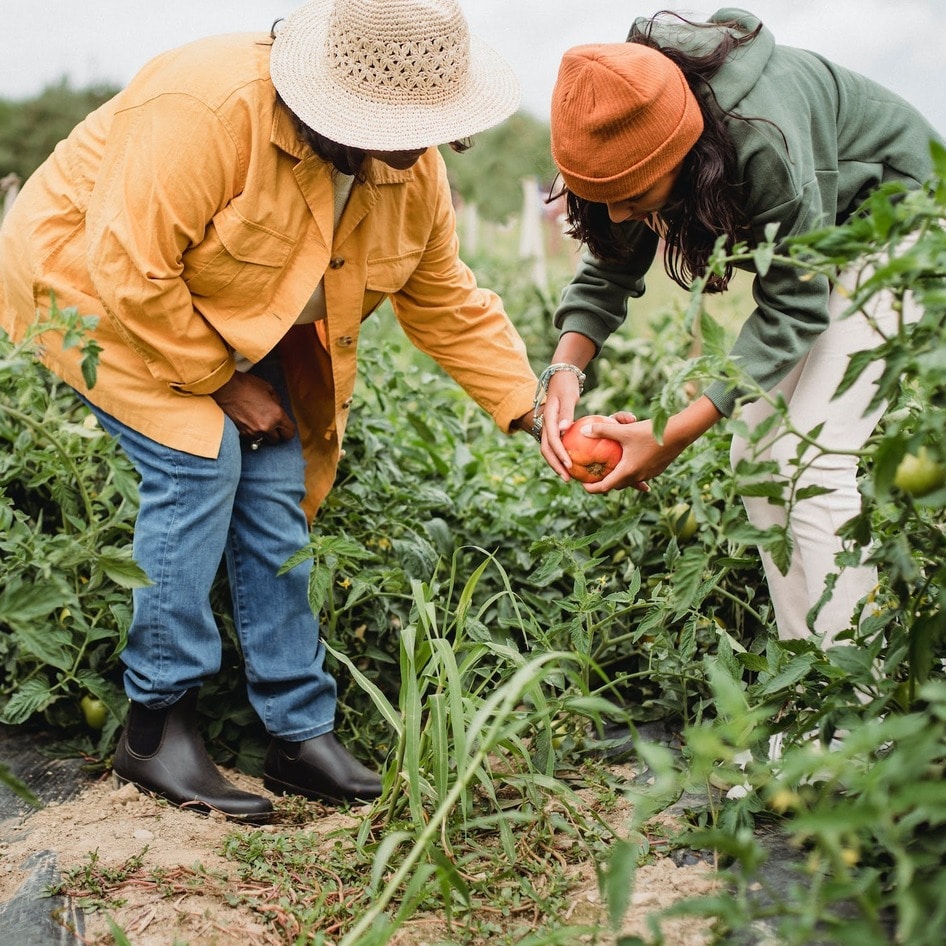Canadian High School Students Imagine a Meatless Future
A climate change essay contest challenged teens to imagine Canada in 2067, and winning essays went the meatless route.
April 7, 2017
The 2017 Lieutenant Climate Change Essay Challenge tasked high school seniors across Ontario, Canada to imagine how the country would stop climate change by the year 2067. Two out of the three winning essays—chosen by a panel of esteemed teachers, journalists, and environmentalists—connected the country’s ability to reduce emissions to a dietary shift away from consuming animal products. Third-place winner Alexander Bishay describes the future as one where “in-vitro” meat (or meat that originates in a lab and does not require animal slaughter—also known as “clean meat”) has become the most-consumed source of protein. “In-Vitro meat, while controversial in its beginning stages, became mainstream by the 2030s,” Bishay writes. “It had the support of both animal welfare groups and environmentalists. As a rising population contributed to rising food costs, in-vitro meat was seen as a sustainable alternative to factory farming.” Second-place winner Yassin Djebbar describes Canada in 2067 as a place where vegetarian burgers have replaced those made with meat. Djebbar describes a future interaction with a friend who orders a veggie burger during lunch at fictitious restaurant Vegemiam. “Watching him eat, my memory takes me back 60 years, when I was 8 years old and ate ground beef hamburgers and French fries,” Djebbar writes. “Back then, we didn’t realize just how harmful the meat and frying oil industries were for the environment.” Djebbar explains that his vegetarian vision of Canada came to fruition through government action. “Thanks to a national awareness campaign and government taxes on the meat industry,” Djebbar writes, “we were able to dramatically reduce our emissions of pollutants.” Cultured meat company Memphis Meats recently announced that its debut products—meatballs, chicken, and duck; all made “in-vitro”—will be available to consumers by 2021. All three winners will be awarded scholarships April 21 in anticipation of Earth Day.
JUMP TO ... Latest News | Recipes | Guides | Health | Shop







